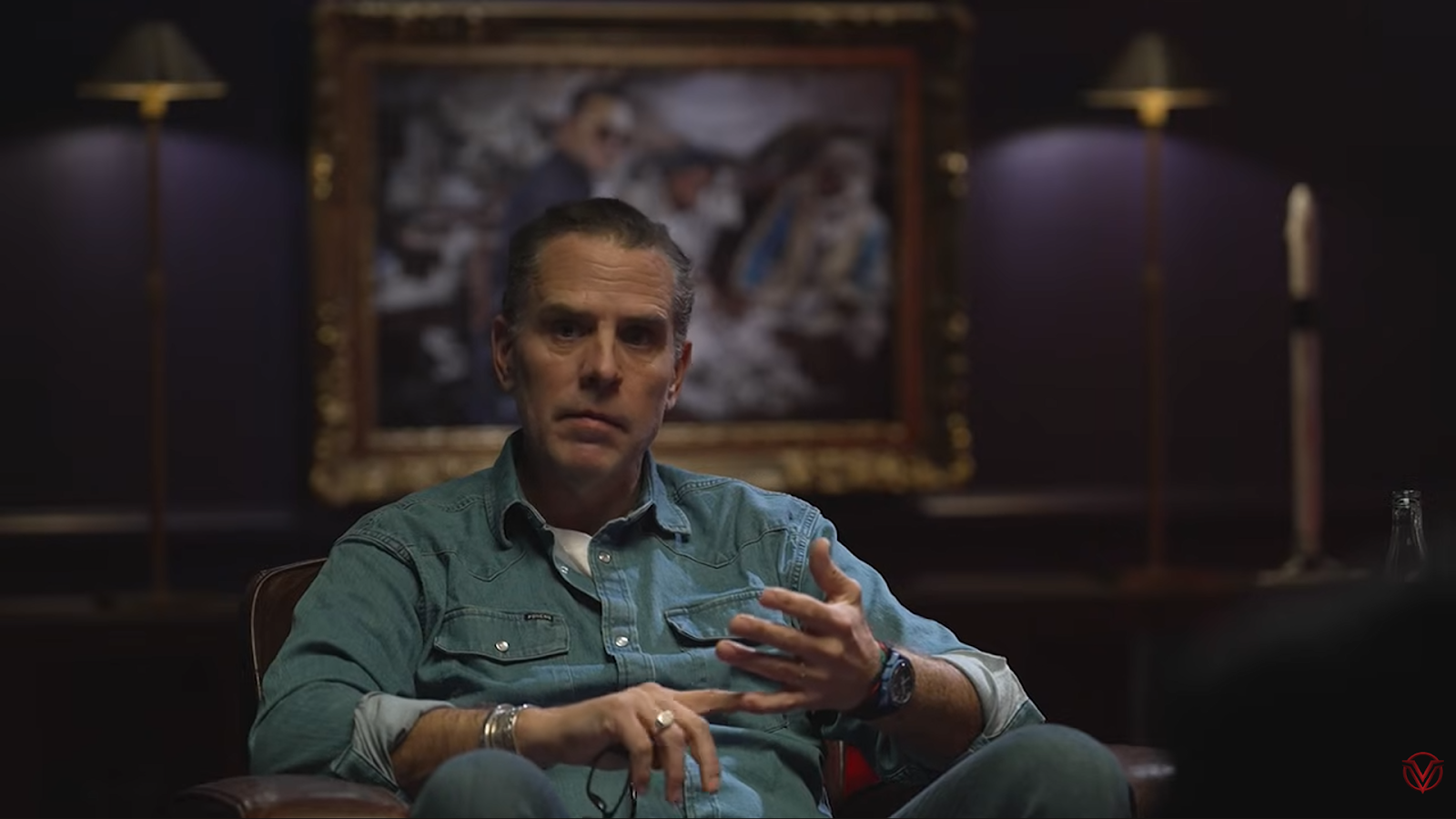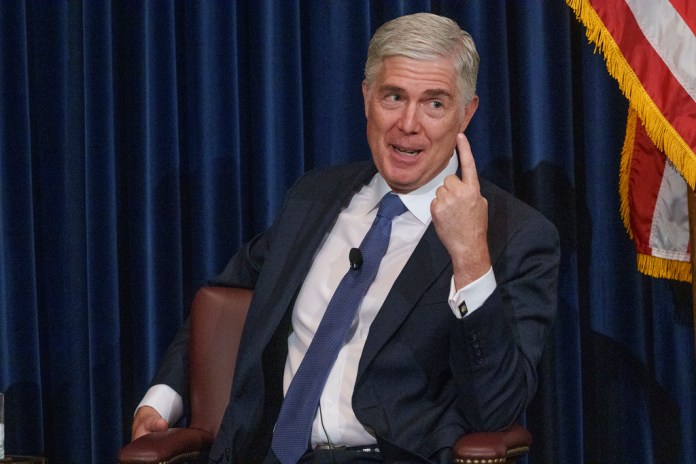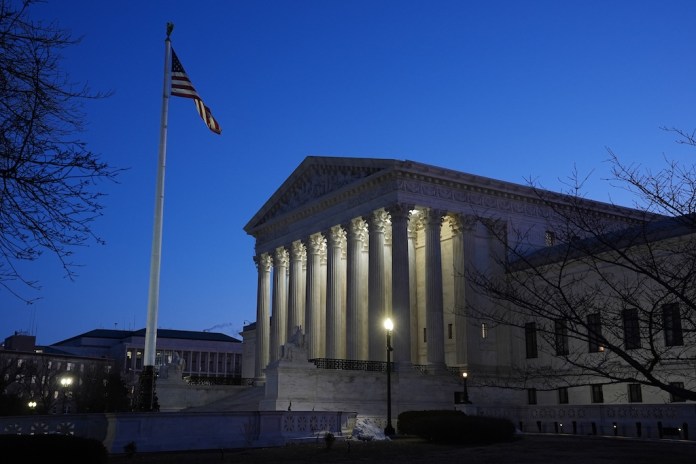Supreme Court skeptical of Colorado’s ‘conversion therapy’ ban
The U.S. supreme Court recently heard oral arguments in the case *Chiles v. Salazar*, which challenges Colorado’s ban on so-called “conversion therapy.” The case involves Kaley chiles, a licensed counselor in Colorado, who claims that the state’s law unlawfully restricts her free speech by prohibiting her from counseling minors to dissuade them from changing their gender identities or sexual orientations. Colorado defends the ban as a regulation of healthcare, arguing that licensed counselors should be held to medical standards and are thus not entitled to First amendment protections in this context.
During the hearing, justices expressed skepticism about Colorado’s position. Justice Clarence Thomas questioned why licensed counselors are restricted while ministers and life coaches are not,highlighting questions about the distinction between regulated healthcare providers and others. Justice elena Kagan challenged the state’s view equating talk therapy with medical advice, asking if there is truly no difference between counseling and a doctor’s advice. Justice Samuel Alito raised concerns about potential viewpoint discrimination under the law.
This case is considered a significant First Amendment test involving free speech rights versus LGBT protections. The Supreme Court is expected to issue its ruling by June 2026.
Supreme Court skeptical of Colorado’s ‘conversion therapy’ ban
Supreme Court justices grilled lawyers for Colorado on Tuesday over the state’s argument that counselors giving talk therapy should be subject to the same medical regulations as doctors, banning so-called “conversion therapy,” and are therefore not subject to First Amendment protections.
In Chiles v. Salazar, the justices heard a case involving Kaley Chiles, a licensed counselor in Colorado, who claims that the state’s law banning “conversion therapy” unlawfully censors her ability to speak with children and families who seek her out by prohibiting her from trying to dissuade children from changing their gender identities or sexual orientations.
Chiles argued that the law violates her free speech rights, while Colorado defended it as regulating healthcare — a contention the justices appeared skeptical of during oral arguments.
Justice Clarence Thomas opened the questioning of Colorado Solicitor General Shannon Stevenson by asking why licensed counselors such as Chiles were subject to the restrictions, while ministers and life coaches were not.
“It is the relationship between a healthcare provider and the patient that establishes this special context,” Stevenson said. “If you go to a life coach, or you go to someone else, they’re not licensed by the state, you’re not expecting them to be complying with standards of care. You have a different expectation.”
“When you’re going to see a licensed healthcare professional, who owes you fiduciary duties, your expectations are different,” she added. “You’re expecting information that is complying with the standard of care and not expecting the practitioner to just be exercising their right to say whatever they want to say.”
Justice Elena Kagan later questioned Colorado’s argument in favor of holding counselors offering talk therapy and doctors offering medical advice to the same standards.
“Are you saying that there’s no distinction between what we’re dealing with here and the range of things that a doctor can tell you in her office about what kind of care is appropriate for any particular condition?” Kagan asked, to which Stevenson responded that, in the state’s view, there is not “any distinction.”
Justice Samuel Alito also questioned how Colorado’s law was not “blatant viewpoint discrimination.”
COLORADO ‘CONVERSION THERAPY’ CASE TO TEST FREE SPEECH VS. LGBT RIGHTS
Tuesday’s case marked the first major arguments of the new term, with later significant cases before the term including challenges to President Donald Trump’s “Liberation Day” tariffs and race-based redistricting.
The high court is expected to release its decision in Chiles v. Salazar sometime before the end of June 2026.
" Conservative News Daily does not always share or support the views and opinions expressed here; they are just those of the writer."




